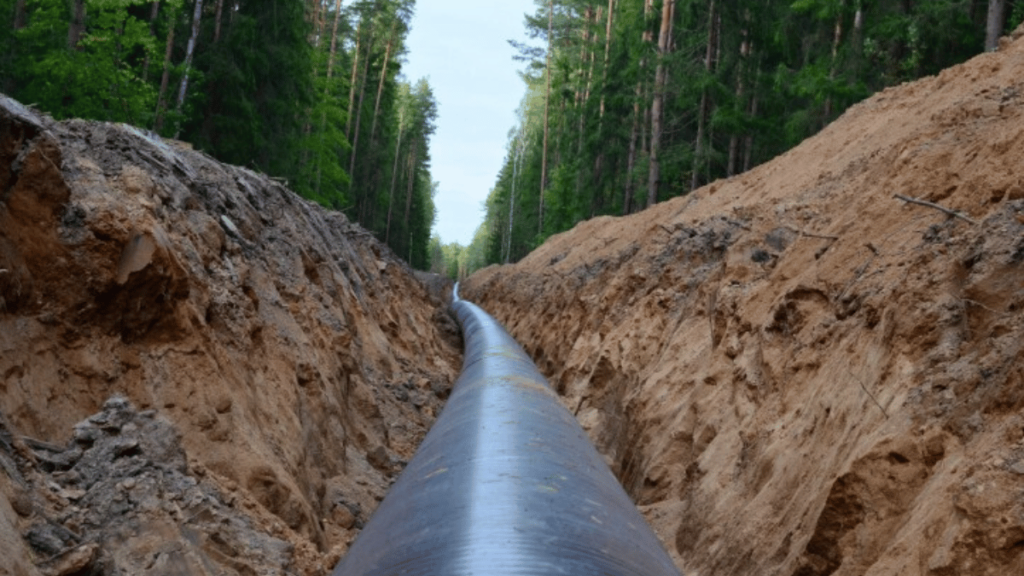Researchers at West Virginia University are set to study how methane leaks from liquid storage tanks happen, and ways to potentially stop them in the future.
The team, based out of the WVU Center for Alternative Fuels, Engines and Emissions is working with research and development company Aerodyne Research to sample and monitor plumes from storage tanks.
The project is being supported by $5.5 million in funding from the U.S. Environmental Protection Agency. West Virginia is the fourth-largest producer of natural gas in the country.
“As we continue to build the natural gas infrastructure, well sites, pressure sites, all of these things that infrastructure grows, there are more of these tanks out there, and they’re going to be there for a while,” project leader and WVU aerospace and engineering professor Derek Johnson said. “It does have climate implications. But also from what we’ve seen is that there are other emissions associated with that methane coming from these tanks. And those can have impacts on local air quality.”
Research suggests methane emissions are more potent than carbon dioxide in the short-term when it comes to climate change.
Johnson and his team plan to create new software to predict and report methane leaks. They will use data collected at sites in the Marcellus shale formation in West Virginia, Ohio and Pennsylvania. The formation accounts for around 21 percent of all gross natural gas production in the country, according to the U.S. Energy Information Administration.
“A lot of just, unknowns or not so much data exists in this area,” Johnson said. “And some of the data that has been collected doesn’t paint a detailed picture. And some of the data is old.”
Last Thursday, WVU’s Energy Institute hosted a panel on methane leaks from the state’s oil and gas wells, and creating more state jobs that would help mitigate leaks statewide.




















